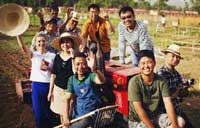Tea with heart
Updated: 2014-02-28 08:24
By Fan Zhen (China Daily)
|
||||||||
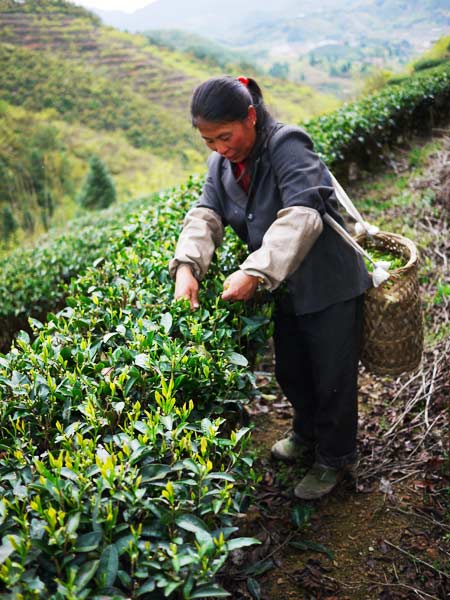 |
|
A tea grower in northern Fujian province picks tea leaves. The leaves harvested range from unopened buds to the top three leaves. [Photo provided to China Daily] |
|
|
|
For more Good Food Diaries |
Ma's family has been growing tea for more than three generations. Because of their limited income, they haven't opted for mechanization yet and thus preserve the most traditional tea-making craft: from plucking and withering to rolling and heating, everything is done by hand.
Ma lives in one of China's biggest tea-production provinces where tea is a traditional business for most households. Each year tons of tea leaves are outsourced from this small piece of land that enjoys a warm climate, abundant rainfall and a hilly landscape that provides rich yellow and red soil suitable for growing tea.
Sellers pay a premium for batches picked from older plants or, even better, from wild tea trees. But usually they only pay for the common batches at the end of the year.
This makes life difficult for the traditional tea farmers like Ma. As the booming tobacco industry spreads to rural areas, a lot of farmers are now growing tobacco instead for higher and more immediate profits.
The changes to the natural environment are obvious. The color of the soil has turned black, and discarded plastic mulch is not an uncommon sight.
Some farmers even secretly cut down the trees on the mountains to fuel the heaters used to dry the tobacco leaves following harvest.
"After a few visits, I've noticed the river in front of Ma's home has had a dramatic fall in its water level and the water is not clear anymore," Yu says.
To keep Ma's family in the tea business, Yu and Yu's cousin Xing Yiqi volunteer to help them pluck leaves every spring, promise them immediate payment and, most importantly, learn the craft from the family.
"We want to send the message that their craft is not only precious as a tradition but also has high economic value on the market," Xing says.
"We sold 140 kg of tea last year and brought 30 percent of the profits back to improve their farming facilities and living conditions," Xing says. "A virtuous circle based on trust-that's what we try to create, at least starting from this one family."
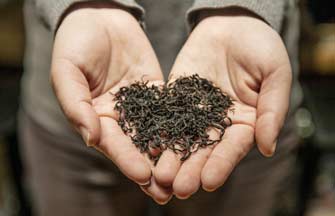
 Tea with heart
Tea with heart
 Wanting Qu: Chinese-Canadian singer-songwriter launches tour
Wanting Qu: Chinese-Canadian singer-songwriter launches tour
 Death-defying skywalkers post stunning images
Death-defying skywalkers post stunning images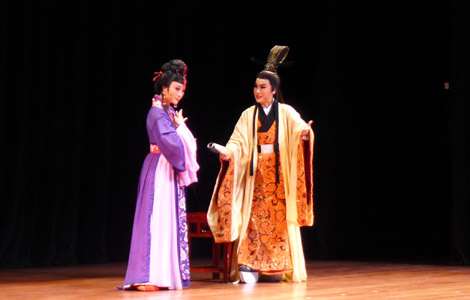
 Ibsen gets a Chinese spin in New York
Ibsen gets a Chinese spin in New York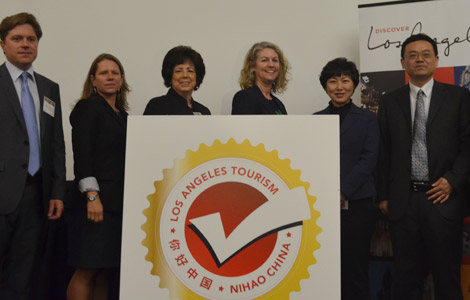
 LA rolls out the red carpet
LA rolls out the red carpet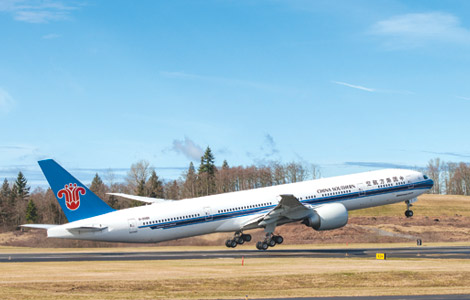
 Airline receives its first Boeing 777-300
Airline receives its first Boeing 777-300
 Freediver takes cheeky selfie with sperm whale
Freediver takes cheeky selfie with sperm whale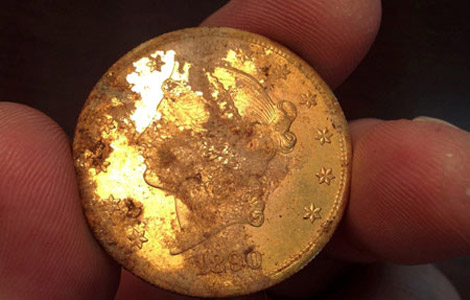
 Buried gold coins unearthed in California
Buried gold coins unearthed in California
Most Viewed
Editor's Picks

|

|

|

|

|

|
Today's Top News
Houston-China bonds deepen with new group
Apple Inc sues China on IP
Climate law summit started in DC
China issues report on US human rights
Baidu gets 'buy' rating from street
Program to help US minority youth
China ignores time bomb of increasing waistlines
US VP welcomes new Ukrainian govt
US Weekly

|

|

